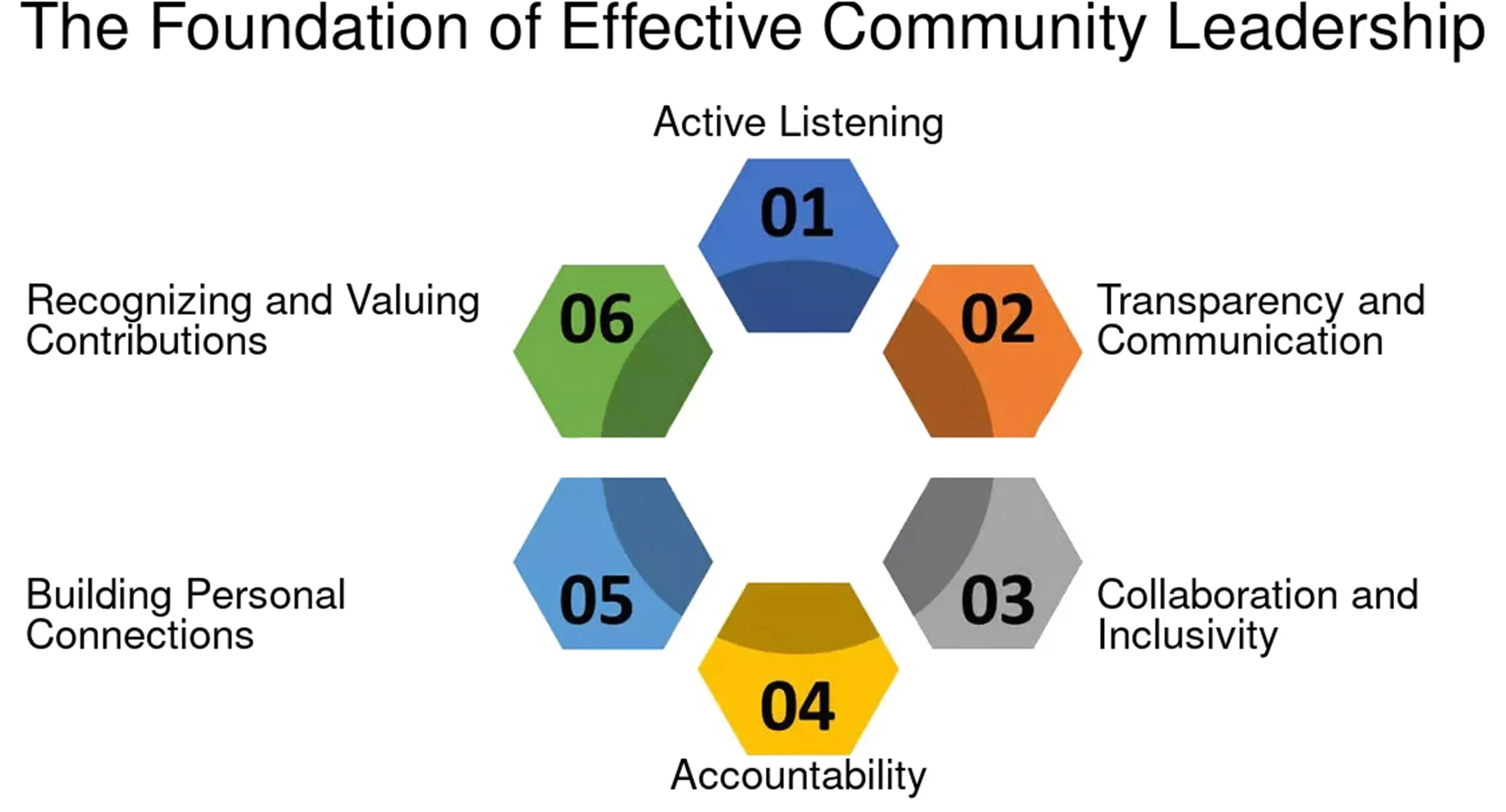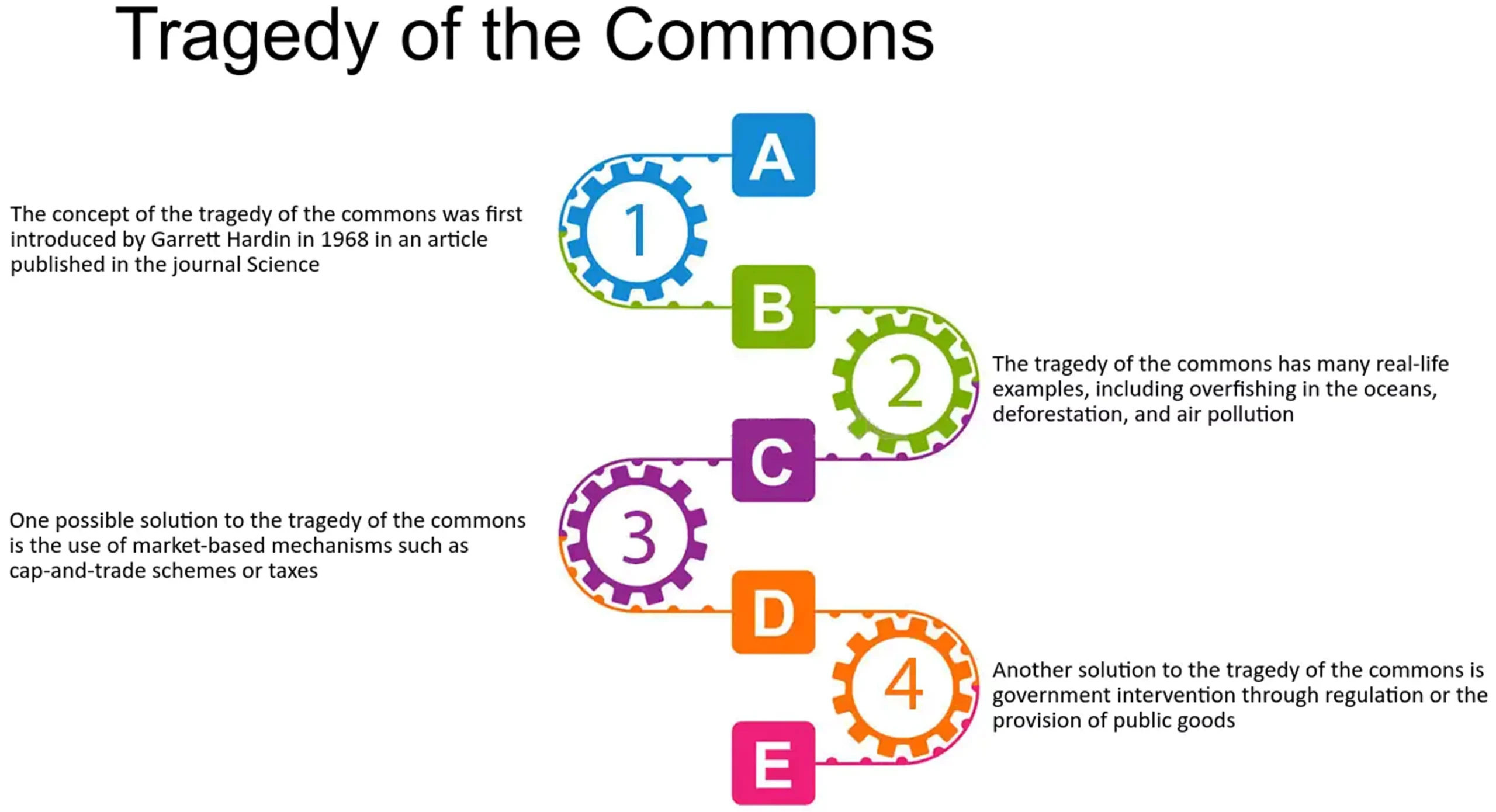Delhi recently hosted a unique event focused on the conservation, restoration, and governance of common resources like forests, community lands, and water bodies.
What Are Commons?
- Commons are resources not owned by individuals or the government but shared by the community.
- Examples: Forests, ponds, grazing lands, rivers, sacred sites, and urban parks.
- Intangible Commons: Include language, folk art, traditions, and knowledge.
- Global Commons: Polar regions, outer space, and other planetary bodies are shared by all and not owned by any country.
- Digital Commons: Internet resources and open-source software are also considered
- Commons.
- Commons in India
- About one-fourth of India’s land, roughly 205 million acres, is considered Commons.
- These Commons support around 350 million rural people and generate an estimated Rs 6.6 lakh crore annually in economic value.
Enroll now for UPSC Online Course
Importance of Commons
- Ecological Services: Commons provide essential services like clean air, water, and biodiversity.
- Community Well-being: They contribute to the economic and social well-being of communities.
- Sustainable Development: Commons are crucial for sustainable development and climate resilience.
- Cultural Heritage: Many commons have cultural and historical significance.
- Shared Resources: They are valuable assets that belong to everyone in the community.
Challenges in Governing Commons
- Over-exploitation: Lack of individual ownership can lead to overuse and damage of resources.
- Maintenance: Responsibility often falls on the community, which may lack resources or legal authority.
- Climate Change: Commons face increased stress due to climate change.
Governance Mechanisms for Commons
- International Level:
- Agreements: Exist for managing polar regions, outer space, and high seas.
- Example: Paris Agreement on climate change.
- National Level
- Urban Areas:
- Local Governance: Municipalities or other structures manage commons.
- Rural Levels:
- Often Undefined or Non-existent: Governance of commons is often poorly defined or absent.
- Community Involvement: Local communities participate but often lack resources or legal authority.
Check Out UPSC CSE Books From PW Store

Role of Community Leadership in Managing Commons
- Prevents Overuse: Helps avoid the overuse of shared resources.
- Sustainable Management: Local communities have better knowledge and can implement sustainable practices.
- Collective Responsibility: Promotes everyone working together to protect the Commons.
- Tailored Solutions: Allows for solutions that fit the specific needs of the community.
- Empowerment: Gives local communities control over the resources they depend on.
Aspects of Managing Commons
- Historical view:
- It was once believed that local Commons like grazing lands and water bodies would be overused and depleted.
- This concept is known as the “Tragedy of the Commons.”
- The solution for such an issue is the regulation by either the government or markets to prevent over-exploitation.
-
Elinor Ostrom’s research
-
- Ostrom showed that community-led management of Commons is more sustainable than government or market control.
- Her work revolutionized the understanding of Commons governance.

|
Way Forward
- Acknowledge Local Rights: Recognize and support the rights of local communities in managing commons.
- Implement Effective Schemes: Utilize programs like NREGA, compensatory afforestation, and green credits to govern commons more effectively.
- Develop a Model Commons Bill: Create a comprehensive legal framework for governing commons at the state level.
- Encourage Community-Led Initiatives: Support and promote grassroots organizations and their efforts in managing commons.
Enroll now for UPSC Online Classes
Forest Rights Act (FRA) as a Model
- The 2006 Forest Rights Act gives ownership rights to forest dwellers, enabling them to live and work in forests.
- The FRA recognized the role of indigenous communities in conserving forest resources.
NREGA
- NREGA, also known as MGNREGA (Mahatma Gandhi National Rural Employment Guarantee Act).
- It aims to provide 100 days of guaranteed wage employment to rural households each year.
- By involving rural workers in activities like waterbody restoration, reforestation, and land conservation, NREGA helps preserve and maintain Commons like forests, community lands, and water bodies.
|
![]() 16 Sep 2024
16 Sep 2024

